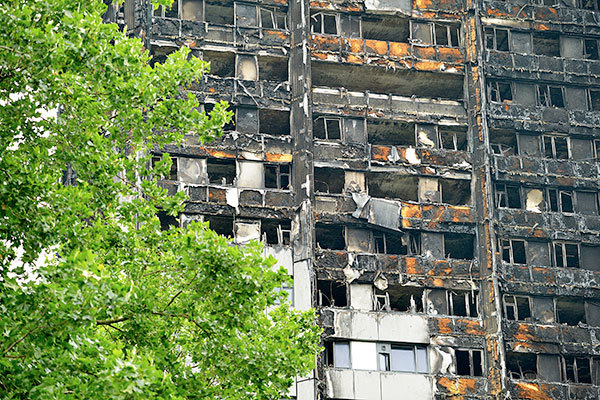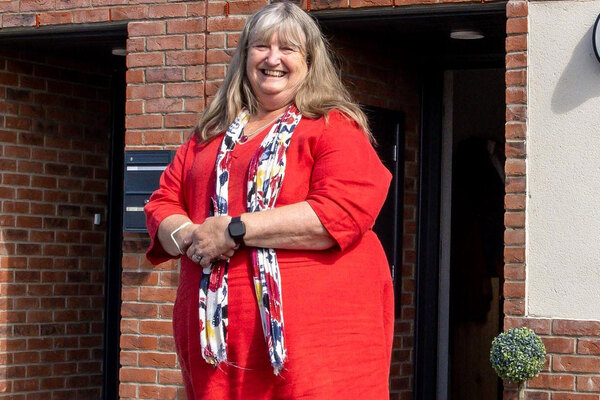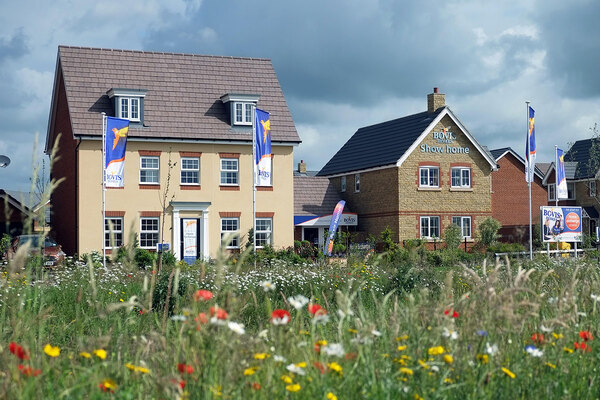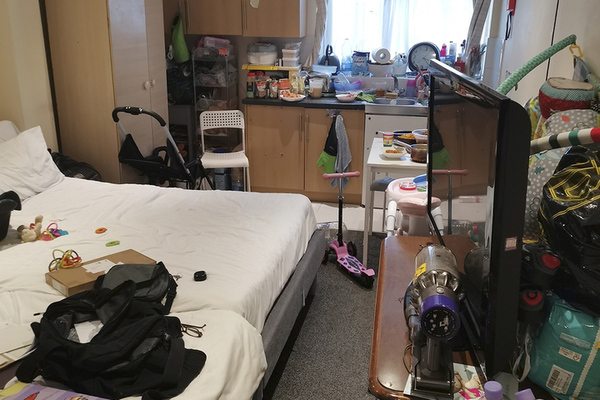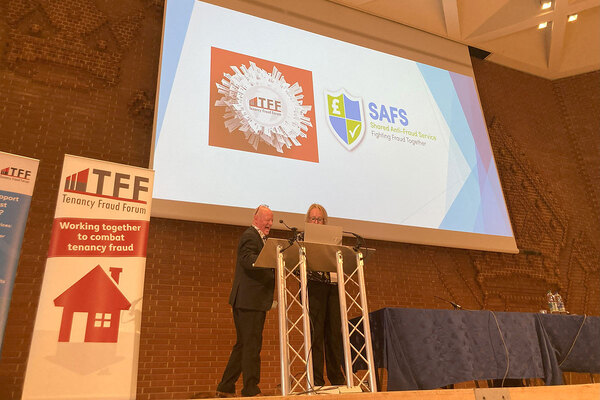You are viewing 1 of your 1 free articles
 Jules Birch
Jules BirchTen years on and the housing debate has completely shifted
Jules Birch reflects on a decade of writing for Inside Housing
When I started blogging for Inside Housing in September 2007 I wondered if I’d find enough to write about.
As it turned out there was no need to worry. A week before my first post Northern Rock went bust and the world changed.
What began in the United States as a sub-prime mortgage crisis was transformed by a series of financial acronyms into a global financial crisis.
The connections to housing in this country at first seemed indirect: the UK did not have sub-prime lending on anything like the same scale; we had Northern Rock but there were plenty of other lenders, and the problems at Lehman Brothers and Bear Stearns seemed a long way away.
The direct effects didn’t take long to make themselves felt as credit markets dried up, share prices crashed and politicians panicked at the prospect of cash machines running out of money.
At the time it seemed like we were set for a repeat of the housing market crash of the early 1990s with soaring mortgage arrears and repossessions and families plummeting into negative equity.
“Housing has gone from being a niche subject that I was virtually the only one blogging about to one that is close to the top of the political and media agendas.”
One or more of the major house builders looked certain to go bust. And the combination of the two would send the banks even further under.
But it didn’t quite happen that way. House prices fell, and in some parts of the country they remain below 2007 levels. House builders saw their profits plummet and were forced to write down the value of their land.
RBS and Lloyds had to be rescued.
But thanks to record low interest rates and a range of other Bank of England wheezes, mortgage affordability improved dramatically and house prices soon began to rise again in London.
House builders were helped by all that, supported by Homes and Communities Agency funding and then injected with the steroids of Help to Buy.
But the crisis did not go away and unfortunately I did not run out of things to blog about either. Would-be first-time buyers found themselves locked out of the housing market by tighter lending restrictions, higher house prices, competition from buy-to-let landlords and a slump in housebuilding.
And the poorest tenants found that they, rather than the bankers, were responsible for a crisis that turned out to have been caused by public sector debt rather than private sector profligacy.
These after-effects of the financial crisis continued to dominate my blogging and were felt in everything from the bedroom tax and benefit cap to the switch from social to affordable housing.
Since 2007 housing has gone from being a niche subject that I was virtually the only one blogging about to one that is close to the top of the political and media agendas – but only because the wider housing crises continued to get worse.
The details of regeneration, viability and affordability have become part of the mainstream debate and the politics of housing has changed completely, with Labour now proposing rent controls.
But 10 years after the crisis that changed everything, along came another. It was impossible to watch Grenfell Tower burning without feeling that nothing could ever be the same again.
That was very evident at the National Housing Federation conference last week, where housing associations came out in unequivocal support of social housing and communities secretary Sajid Javid declared that it was now “treasured and valued”.
“The details of regeneration, viability and affordability have become part of the mainstream debate.”
But will it work out that way? What has happened since 2007 is one indication that things can turn out very differently from the way you imagine in the immediate aftermath of a crisis.
And the long-term impact of previous disasters has not been what we first thought either. Hillsborough and Valley Parade may have led to safer football grounds but they have also priced out many ordinary fans like those who died.
As I’m finishing this column, Jeremy Corbyn is calling Grenfell “a damning indictment of an entire outlook” and a symbol of a failed and broken system that Labour will replace.
“The bill [for refurbishment work] could effectively be passed to existing tenants and to people on the waiting list for new homes that will not be built.”
That’s one version of what might happen. Another is arguably already happening via a public inquiry that is rightly concentrating on the immediate causes and aftermath of the fire, but with wider social housing issues left to a green paper or the long grass.
And with no new money available for landlords facing extra costs for refurbishment work that seemed to comply with inadequate regulations, the bill could effectively be passed to existing tenants and to people on the waiting list for new homes that will not be built.
Ten years ago I started this blog with a vague plan to look beyond the social housing sector to the housing system as a whole and to show the fundamental importance of housing in a world in which the pace of change seems to keep on accelerating.
As the blog/column enters its 11th year, the need for that seems as strong as ever and (sadly, mostly not for good reasons) there is no shortage of things to write about.
My thanks go to the editors and staff of Inside Housing over that time for offering me this platform and to visitors to the website for being interested enough to read and comment on the results.
Jules Birch, award-winning blogger



